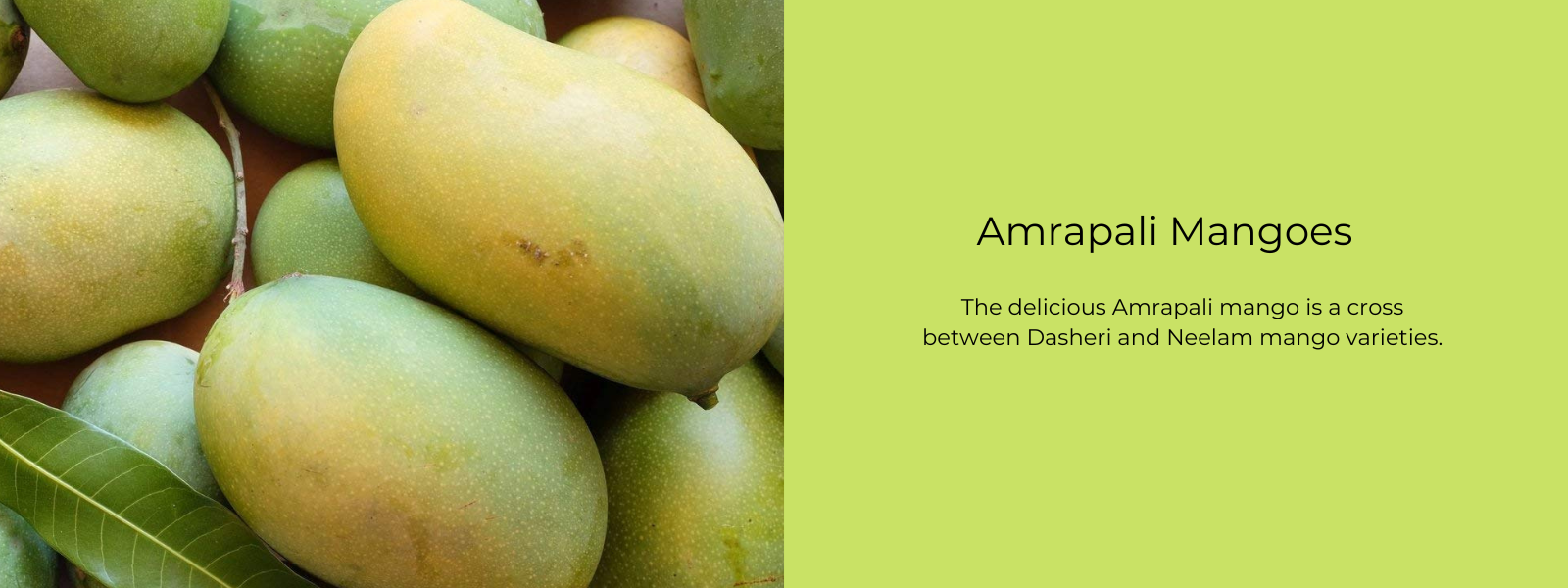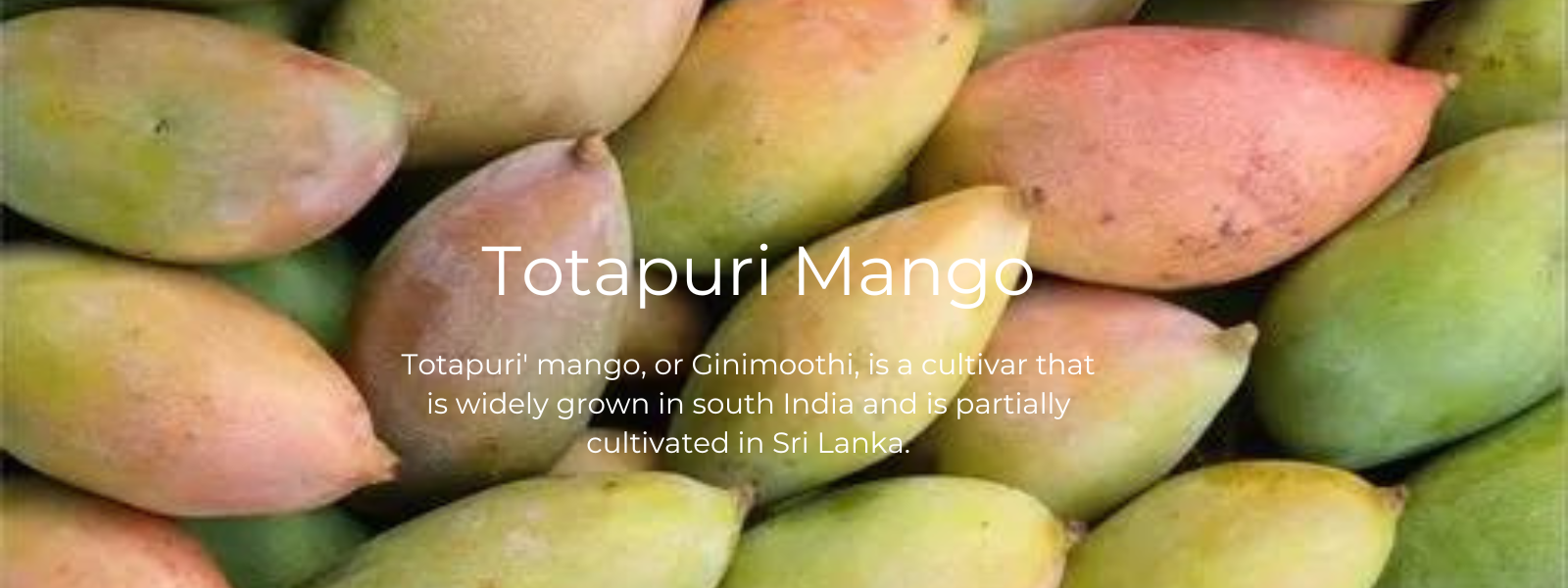Mango is good in every way: it is healthy and tasty. Mangos taste tropical and juicy, and they are good for you. They also make healthy eating fun and remind you of your childhood.
Mango is from India and Southeast Asia, where it has been grown for more than 4,000 years. There are hundreds of different kinds of mango, and each has its own taste, shape, size, and colour.
Table of Contents
What is mango?
A mango is a tropical stone fruit that comes from the Mangifera indica tree. It is thought to have started somewhere between the northwest of Myanmar, Bangladesh, and the northeast of India. Since ancient times, M. indica has been grown in South and Southeast Asia. This has led to two types of mango cultivars today: the "Indian type" and the "Southeast Asian type." Other species in the genus Mangifera also have fruits that can be eaten and are also called "mangoes." Most of these species are found in the Malesian ecoregion.
There are many different kinds of mango grown all over the world. Mango fruit varies in size, shape, sweetness, colour of skin, and colour of flesh, which can be pale yellow, gold, green, or orange, depending on the cultivar. The mango tree is the national tree of Bangladesh, and the mango is the national fruit of India, Pakistan, and the Philippines.
Etymology of mango:
The word mango came to English in the 1600s from the Portuguese word manga, which came from the Malay word mangga, which came from the Tamil word man ("mango tree") + kay ("fruit"). Mangifera indica is the scientific name for a plant that grows mangoes in India.
Health benefits of mango:
1. Lowers cholesterol:
Mango has little or no cholesterol and a lot of dietary fibre, pectin, and Vitamin C.
The pectin lowers the amount of cholesterol in the blood.
Also, mangoes have a chemical called mangiferin that makes the good cholesterol, called High Density Lipoprotein, go up.
2. Helps with diabetes:
Studies have shown that fibre and mangiferin can lower the amount of sugar in the blood. Also, the mango peels can help people with diabetes.
3. Helps keep eyes healthy:
Mangoes may also help your eyes stay healthy if you eat them. Beta-carotene, which is found in mangoes and helps make Vitamin A, is a good thing to get from food. The powerful antioxidant helps improve vision, boosts overall eye health, and even stops age-related macular degeneration or loss of vision.
4. Immunity Booster:
You might be surprised to learn that an average-sized mango has up to two-thirds of the amount of vitamin C you should get every day. The powerful antioxidant helps your immune system work better and keeps you from getting sick.
5. Skin Clearing:
Mangoes are full of vitamins C and A, which are good for your skin. Both vitamins are important for healthy skin and skin repair. When eaten in moderation, mangoes are also known to remove dead skin and clean out pores.











Leave a comment